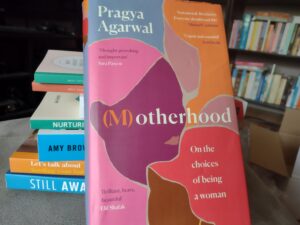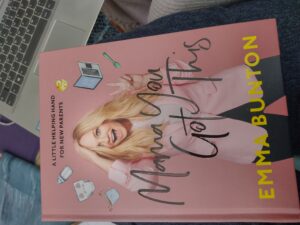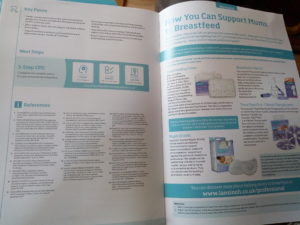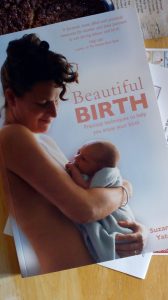Book review: (M)otherhood, by Pragya Agarwal
 In a note at the end of the book, Pragya Agarwal accurately describes this work as “somewhere between a memoir and a scientific and historical disquisition of women’s reproductive choices and infertility.” (p343) Throughout the book she wanders, with intent, between her own reflections and experiences, and a huge breadth of culture, history, and contemporary research, to explore the massive topic of motherhood and choice, and to wrestle with the impossible definition of woman, and its relationship to motherhood.
In a note at the end of the book, Pragya Agarwal accurately describes this work as “somewhere between a memoir and a scientific and historical disquisition of women’s reproductive choices and infertility.” (p343) Throughout the book she wanders, with intent, between her own reflections and experiences, and a huge breadth of culture, history, and contemporary research, to explore the massive topic of motherhood and choice, and to wrestle with the impossible definition of woman, and its relationship to motherhood.
This is a book that is unafraid, in that Agarwal writes candidly about her own past, discussing such taboo subjects as her abortion, her ambivalence about motherhood, and her infertility. She goes on to pick apart menstrual taboos, transgender parenting, and the impact of our white patriarchal medical system. There are whole chapters that open my eyes to other perspectives, and moments where I feel seen, where our experiences and feelings cross paths. I love to read a well-referenced book, and Agarwal writes as though all the research is at her fingertips, supporting her critical evaluation of motherhood in modern society.
This is so much more than a book about motherhood, and so much more than all the other books about motherhood. It is a painstaking search for identity that shines a harsh spotlight on the normally invisible forces that shape us as women, as mothers, as people who do mothering, and as women who aren’t mothers whether or not by choice, and mothers who aren’t women. Such an impressive and important work, that has changed the map of my world.
[Disclaimer: I am a massive fan of Pragya Agarwal, and was delighted to buy my copy of (M)otherhood at the Also Festival, where she signed it for me!]



